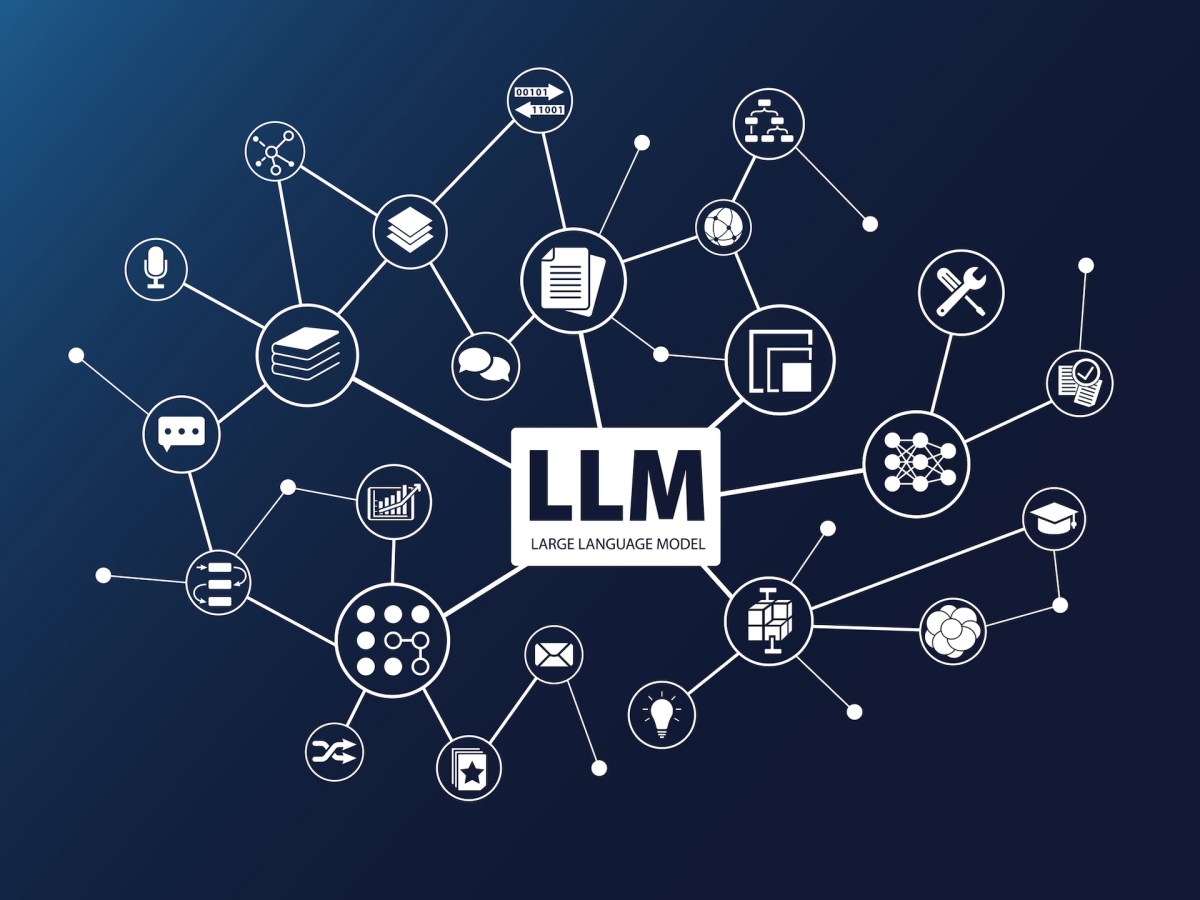Generative AI models, including the likes of OpenAI’s GPT-4, rely on a process called tokenization to interpret and generate text. This method breaks down text into smaller units, or tokens, which can range from words to individual characters. While this approach allows AI to process information more efficiently, it introduces several challenges and biases. For instance, tokenization can affect how models understand spacing and capitalization, leading to inconsistencies in AI responses. Moreover, languages that don’t use spaces to separate words, such as Chinese and Japanese, pose additional complexities, often resulting in higher token counts and potentially higher costs for AI services in these languages. This discrepancy also extends to the AI’s handling of numbers and mathematical equations, where inconsistent tokenization of digits can confuse models. Despite these challenges, emerging technologies like byte-level state space models, exemplified by MambaByte, offer a potential solution by processing data without tokenization, though they are still in the early stages of research. As the field progresses, overcoming the limitations of tokenization may require new model architectures rather than improvements to tokenization itself.
Read more at TechCrunch…
